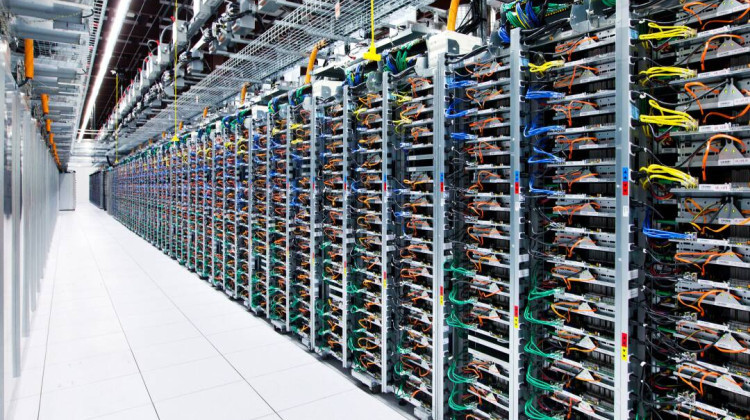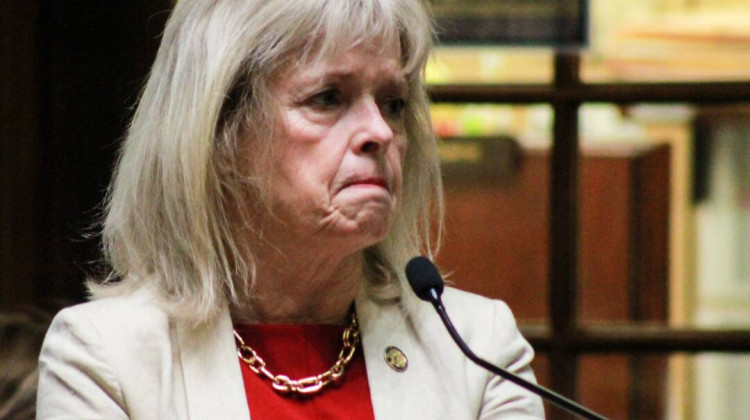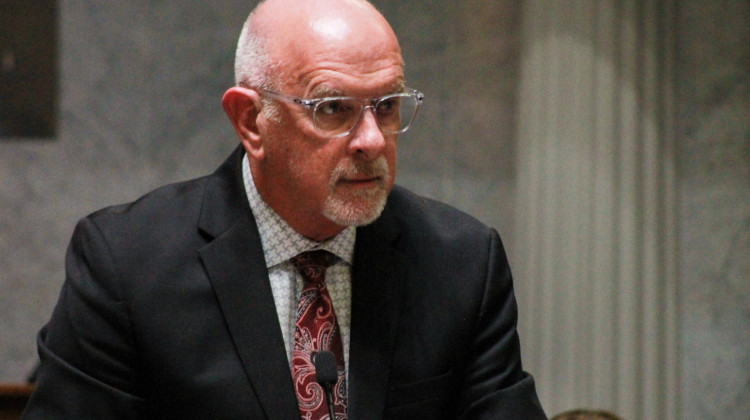You thought that "I'm a Voter" app at the top of your Facebook newsfeed was just some cute flair, right?
Well, it actually makes a difference. No, really. Some serious scientists collaborated with Facebook in 2010 and found that the app added 340,000 additional voters that election cycle.
Here's how The New Republic explained the methodology:
"With Facebook's cooperation, the political scientists who dreamed up the study planted that graphic in the newsfeeds of tens of millions of users. (Other groups of Facebook users were shown a generic get-out-the-vote message or received no voting reminder at all.) Then, in an awesome feat of data-crunching, the researchers cross-referenced their subjects' names with the day's actual voting records from precincts across the country to measure how much their voting prompt increased turnout.
"Overall, users notified of their friends' voting were 0.39 percent more likely to vote than those in the control group, and any resulting decisions to cast a ballot also appeared to ripple to the behavior of close Facebook friends, even if those people hadn't received the original message. That small increase in turnout rates amounted to a lot of new votes. The researchers concluded that their Facebook graphic directly mobilized 60,000 voters, and, thanks to the ripple effect, ultimately caused an additional 340,000 votes to be cast that day."
Remember, the 2000 election was decided by 537 voters in Florida, so you could say Facebook has the potential to sway elections.
With that in mind, Mother Jones took a critical look at Facebook's get-out-the-vote initiative. The magazine took issue with the fact that Facebook conducts these experiments without telling users. For example, to make the experiments scientifically valid, thousands of users — the control group — have to be excluded from the prodding of the "I'm a voter" or "I voted" app.
What's more, Mother Jones points out that the company is experimenting not only with the Megaphone app — as they call the "I'm a voter" app — but also with the content of your newsfeed. Mother Jones reports:
"In particular, Facebook has studied how changes in the news feed seen by its users—the constant drip-drip-drip of information shared by friends that is heart of their Facebook experience—can affect their level of interest in politics and their likelihood of voting. For one such experiment, conducted in the three months prior to Election Day in 2012, Facebook increased the amount of hard news stories at the top of the feeds of 1.9 million users. According to one Facebook data scientist, that change—which users were not alerted to—measurably increased civic engagement and voter turnout."
It's worth noting that earlier this summer, Facebook faced tremendous backlash when it revealed it had manipulated the news feed of 600,000 users for an experiment on "emotional contagion."
Facebook told us that it is featuring the "I'm a voter" megaphone to all adults in the United States. Some 100 million Americans are expected to log into Facebook Tuesday.
9(MDEwMDc1MzM3MDEzNDczOTA0MDc1MzViMQ001))
 DONATE
DONATE







 View More Articles
View More Articles

 Support WFYI. We can't do it without you.
Support WFYI. We can't do it without you.